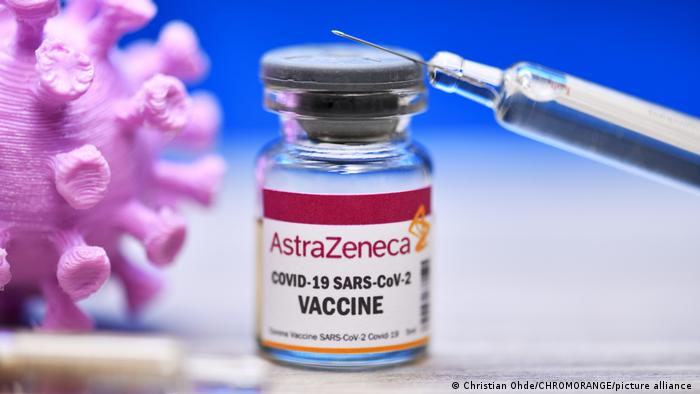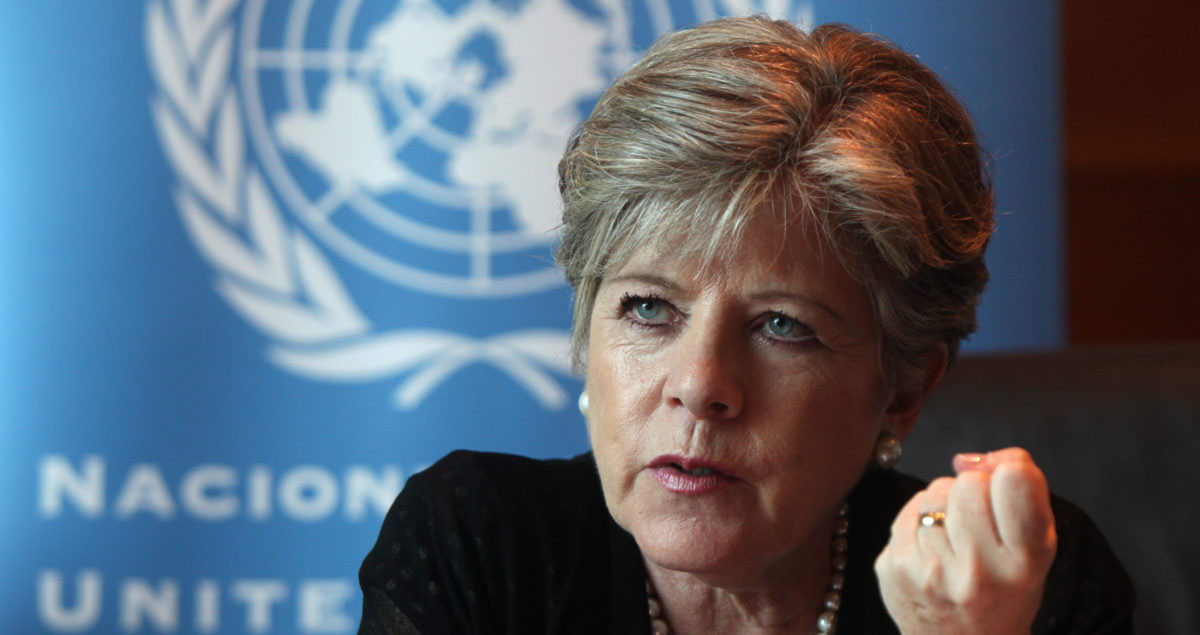Concerned that the Caribbean and Latin America should become enlightened by the sobering experience of the still raging coronavirus pandemic and the devastating socio-economic impact which it continues to have on the hemisphere, Executive Secretary of the Economic Commission for Latin America and the Caribbean (ECLAC) Alicia Barcena has used the forum of the recent XXI Meeting of Foreign Ministers of CELAC to urge that the region become an actor in the development and production of new vaccines as part of its wider regional health strategy.
The call came against the backdrop of the highly anticipated unfolding of a CELAC-driven Comprehensive Plan for Health Self-Sufficiency, a blueprint being developed by ECLAC at the request of CELAC for strengthening the production and distribution of medicines, particularly vaccines in countries in the region and for reducing external dependence.

In her address, the senior UN official dealt with the situation of health care systems and the pharmaceutical industry in the region in the context of the pandemic, outlining what she believed are the priority actions that should be taken to strengthen those institutions. Contextually, she recalled that Latin America and the Caribbean remains the region most affected by the pandemic, with just 8.4% of the world’s population but 32.5% of COVID-19-related deaths worldwide.
According to Barcena, the health-care manufacturing industry in the region is marked by a low level of technological development and high dependence on the production of multinational companies and imports. In 2019, imports doubled the amount of exports, with the deficit exceeding $20 billion dollars. “Why did this pandemic catch us at such a bad time? Because we import everything, that is part of the problem. Our national and regional industry produces generic drugs, but not innovative medicines. We have very low investment in research and development, which we must boost,” she declared.
In examining the implications of the imbalance in vaccine distribution for Latin America and the Caribbean, Barcena noted that while, in the region, a mere 16.8% of the population has completed the full vaccination scheme, in the United States and Canada, 49.3% of the population had been fully vaccinated even as those countries currently enjoy a surplus of vaccines. “We are concerned that some countries’ acquisitions exceed their vaccination needs,” she observed, noting that the European Union, United States, United Kingdom, Canada and Japan, while accounting for 43.9% of purchase commitments, were home to just 12.9% of the global population.






